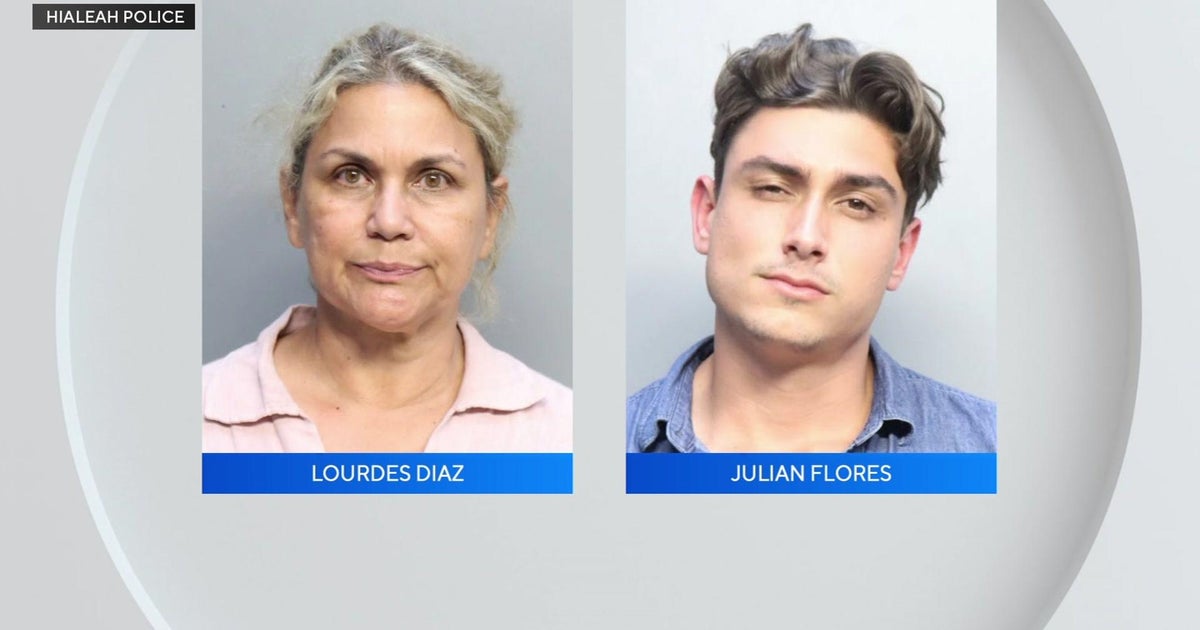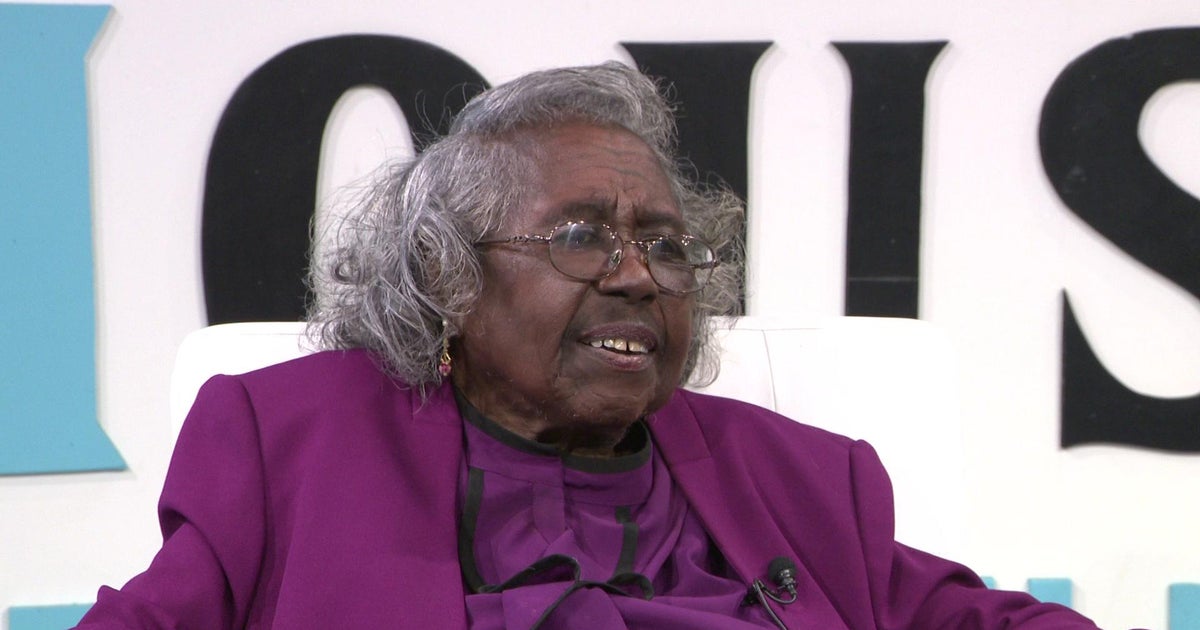Judge Rejects Higher Tuition For Children Of Illegal Immigrants
MIAMI (CBSMiami/NSF) -- A Miami federal judge has found that Florida is violating the constitutional rights of American-born children of illegal immigrants by requiring them to pay higher tuition rates than other students at state colleges and universities.
The case, spearheaded by the Southern Poverty Law Center, centers on students who live in Florida and are U.S. citizens, despite their parents' illegal status. Those students have been denied discounted, in-state tuition rates enjoyed by other students who graduate from Florida high schools and enter the higher-education system.
U.S. District Judge K. Michael Moore, in a ruling dated Friday, said the state regulations violate equal-protection rights and create "an additional obstacle for plaintiffs (students named in the case) to attain post-secondary education from one of the state's public institutions that is not faced by other residents."
Attorneys estimated hundreds or thousands of Florida students could be affected.
Students who are classified as "non-residents" in Florida can be charged more than triple the cost of in-state tuition. The policy affects those under age 24 and who are claimed as dependents by parents.
Four of the named plaintiffs in the case were born in Miami and a fifth was born in California. They each graduated from Florida public high schools in 2010 or 2011 and made plans to attend Florida International University, Miami-Dade College or Palm Beach State College, according to Moore's ruling.
Each of the students was denied lower in-state tuition rates, and three either could not attend college or were forced to withdraw, the ruling says.
State law and regulations approved by the state Board of Education and the university system's Board of Governors detail residency requirements for in-state tuition eligibility.
In a 19-page order, Moore wrote that public higher education and reduced in-state tuition rates are "properly viewed as attaching to the student and not to the household."
"It is the plaintiffs who, upon graduating from a post-secondary educational institution, receive their names on diplomas, and it is Plaintiffs --not Plaintiffs' parents, cousins, or siblings --who are entitled to the benefits conferred by such a degree,'' he wrote.
"The News Service of Florida contributed to this report."



